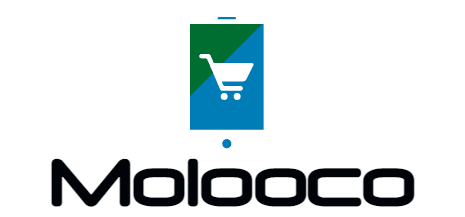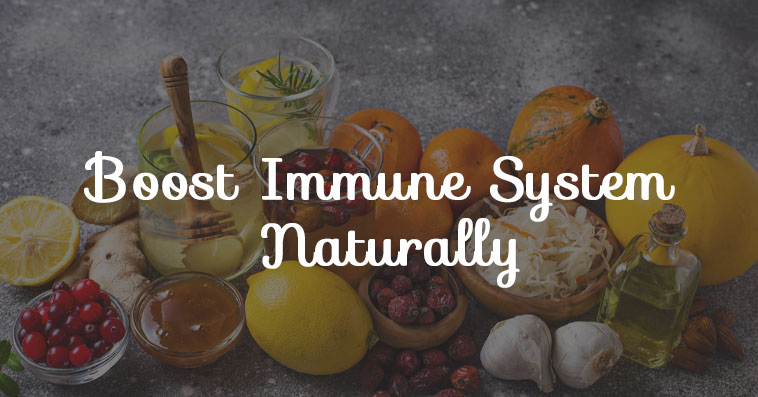Beauty & Health
How to Boost Immune System Fast And Naturally
Table of Contents
About Immune System and How to Boost Immune System?
The immune system is a network of biological processes that protects an organism from diseases. It detects and responds to a wide variety of pathogens, from viruses to parasitic worms, as well as cancer cells and objects such as wood splinters, distinguishing them from the organism’s own healthy tissue. Many species have two major subsystems of the immune system. The innate immune system provides a preconfigured response to broad groups of situations and stimuli. The adaptive immune system provides a tailored response to each stimulus by learning to recognize molecules it has previously encountered. Both use molecules and cells to perform their functions.
Nearly all organisms have some kind of immune system. Bacteria have a rudimentary immune system in the form of enzymes that protect against virus infections. Other basic immune mechanisms evolved in ancient plants and animals and remain in their modern descendants. These mechanisms include phagocytosis, antimicrobial peptides called defensins, and the complement system. Jawed vertebrates, including humans, have even more sophisticated defense mechanisms, including the ability to adapt to recognize pathogens more efficiently. Adaptive (or acquired) immunity creates an immunological memory leading to an enhanced response to subsequent encounters with that same pathogen. This process of acquired immunity is the basis of vaccination.
Dysfunction of the immune system can cause autoimmune diseases, inflammatory diseases and cancer. Immunodeficiency occurs when the immune system is less active than normal, resulting in recurring and life-threatening infections. In humans, immunodeficiency can be the result of a genetic disease such as severe combined immunodeficiency, acquired conditions such as HIV/AIDS, or the use of immunosuppressive medication. Autoimmunity results from a hyperactive immune system attacking normal tissues as if they were foreign organisms. Common autoimmune diseases include Hashimoto’s thyroiditis, rheumatoid arthritis, diabetes mellitus type 1, and systemic lupus erythematosus. Immunology covers the study of all aspects of the immune system. (How to Boost Immune System)
Layered defense
The immune system protects its host from infection with layered defenses of increasing specificity. Physical barriers prevent pathogens such as bacteria and viruses from entering the organism. If a pathogen breaches these barriers, the innate immune system provides an immediate, but non-specific response. Innate immune systems are found in all animals.
If pathogens successfully evade the innate response, vertebrates possess a second layer of protection, the adaptive immune system, which is activated by the innate response. Here, the immune system adapts its response during an infection to improve its recognition of the pathogen. This improved response is then retained after the pathogen has been eliminated, in the form of an immunological memory, and allows the adaptive immune system to mount faster and stronger attacks each time this pathogen is encountered. (How to Boost Immune System)
Surface barriers
Several barriers protect organisms from infection, including mechanical, chemical, and biological barriers. The waxy cuticle of most leaves, the exoskeleton of insects, the shells and membranes of externally deposited eggs, and skin are examples of mechanical barriers that are the first line of defense against infection. Organisms cannot be completely sealed from their environments, so systems act to protect body openings such as the lungs, intestines, and the genitourinary tract. In the lungs, coughing and sneezing mechanically eject pathogens and other irritants from the respiratory tract. The flushing action of tears and urine also mechanically expels pathogens, while mucus secreted by the respiratory and gastrointestinal tract serves to trap and entangle microorganisms.
Chemical barriers also protect against infection. The skin and respiratory tract secrete antimicrobial peptides such as the β-defensins. Enzymes such as lysozyme and phospholipase A2 in saliva, tears, and breast milk are also antibacterials. Vaginal secretions serve as a chemical barrier following menarche, when they become slightly acidic, while semen contains defensins and zinc to kill pathogens. In the stomach, gastric acid serves as a chemical defense against ingested pathogens.
Within the genitourinary and gastrointestinal tracts, commensal flora serve as biological barriers by competing with pathogenic bacteria for food and space and, in some cases, changing the conditions in their environment, such as pH or available iron. As a result, the probability that pathogens will reach sufficient numbers to cause illness is reduced. (How to Boost Immune System)
Innate immune system
Microorganisms or toxins that successfully enter an organism encounter the cells and mechanisms of the innate immune system. The innate response is usually triggered when microbes are identified by pattern recognition receptors, which recognize components that are conserved among broad groups of microorganisms, or when damaged, injured or stressed cells send out alarm signals, many of which are recognized by the same receptors as those that recognize pathogens. Innate immune defenses are non-specific, meaning these systems respond to pathogens in a generic way. This system does not confer long-lasting immunity against a pathogen. The innate immune system is the dominant system of host defense in most organisms, and the only one in plants. (How to Boost Immune System)
Immune sensing
Cells in the innate immune system use pattern recognition receptors to recognize molecular structures that are produced by pathogens. They are proteins expressed, mainly, by cells of the innate immune system, such as dendritic cells, macrophages, monocytes, neutrophils and epithelial cells to identify two classes of molecules: pathogen-associated molecular patterns (PAMPs), which are associated with microbial pathogens, and damage-associated molecular patterns (DAMPs), which are associated with components of host’s cells that are released during cell damage or cell death.
Recognition of extracellular or endosomal PAMPs is mediated by transmembrane proteins known as toll-like receptors (TLRs). TLRs share a typical structural motif, the leucine rich repeats (LRR), which give them a curved shape. Toll-like receptors were first discovered in Drosophila and trigger the synthesis and secretion of cytokines and activation of other host defense programs that are necessary for both innate or adaptive immune responses. Ten toll-like receptors have been described in humans.
Cells in the innate immune system have pattern recognition receptors, which detect infection or cell damage, inside. Three major classes of these “cytosolic” receptors are NOD–like receptors, RIG (retinoic acid-inducible gene)-like receptors, and cytosolic DNA sensors. (How to Boost Immune System)
Humoral defenses
The complement system is a biochemical cascade that attacks the surfaces of foreign cells. It contains over 20 different proteins and is named for its ability to “complement” the killing of pathogens by antibodies. Complement is the major humoral component of the innate immune response. Many species have complement systems, including non-mammals like plants, fish, and some invertebrates. In humans, this response is activated by complement binding to antibodies that have attached to these microbes or the binding of complement proteins to carbohydrates on the surfaces of microbes. This recognition signal triggers a rapid killing response.
The speed of the response is a result of signal amplification that occurs after sequential proteolytic activation of complement molecules, which are also proteases. After complement proteins initially bind to the microbe, they activate their protease activity, which in turn activates other complement proteases, and so on. This produces a catalytic cascade that amplifies the initial signal by controlled positive feedback. The cascade results in the production of peptides that attract immune cells, increase vascular permeability, and opsonize (coat) the surface of a pathogen, marking it for destruction. This deposition of complement can also kill cells directly by disrupting their plasma membrane. (How to Boost Immune System)
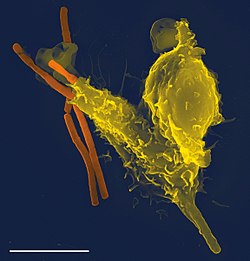
You must have heard your mother tell you not to go out in the cold without protecting yourself. When he says that, it means your immune system can’t stand the wrath of the weather.
So what does this immune system mean? Is it one of the organ systems of our body that makes up our life? Let’s take a bird’s-eye view of this system and examine in depth what strengthens the immune system. (How to Boost Immune System)
What is the Immune System?
Our immune system is a combination of special organs; complex networks of cells and proteins that help our bodies fight infections.
Quite interestingly, our immune system keeps track of every microbe it fights, so the next time the same one can be killed faster than before. (How to Boost Immune System)
Parts of Immune System
- White blood cells
- Antibodies
- Spleen
- Thymus
- Bone marrow
- Lymphatic system
- Complement system (How to Boost Immune System)
Symptoms of a Weak Immune System (Immunodeficiency)
- Your cold, flu, sore throat much earlier and more often than others
- You have digestive system problems such as frequent diarrhea, cramps, nausea
- Delay in growth and development
- Autoimmune diseases such as Type-1 Diabetes, Rheumatoid arthritis, lupus
- low platelets
- Infection and inflammation of certain organs (How to Boost Immune System)
How to check your immune system
If the symptoms are as obvious as mentioned above, you may wonder how to check your immune system. Well, for parents with children with primary immunodeficiency, there are some tests used to diagnose your immune system, including a blood test or prenatal test. (How to Boost Immune System)
How to Build a Strong Immune System
1. What Food Boost your Immune System fast
Below is a comprehensive list of foods that boost your immune system. Considering the minimum daily intake of each, variety should be taken rather than a particular food. If you are wondering how to increase immunity with home remedies, below is exactly what you are looking for. (How to Boost Immune System)
Watermelon
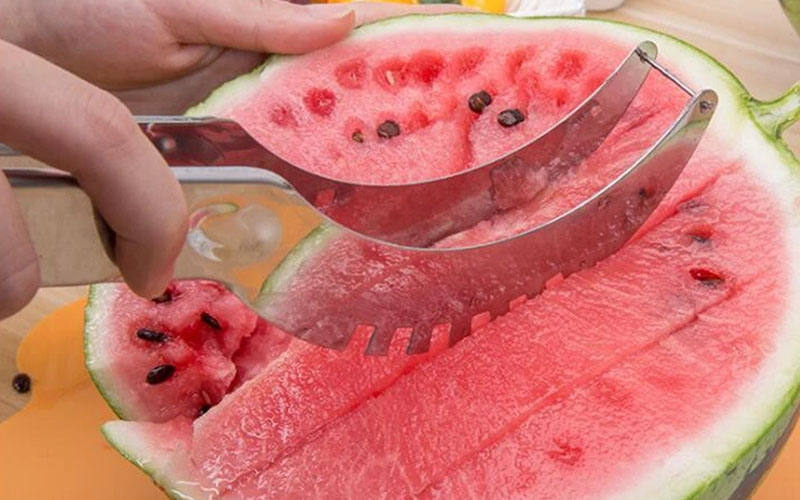
Watermelon is one of the fruits that strengthen the immune system many times over. Slicing this large reservoir of water (about 90% water) quickly and easily contains 270 mg of potassium, about 18% of Vitamin A needs and about 21% of Vitamin C. A strong Immune system, less cancer, heart diseases, lower inflammation and stress, muscle aches. (How to Boost Immune System)
A study at the National Center for Biotechnology Information (NCBI) found that Vitamin C strengthens our immune system by actively participating in the cellular function of both the innate and adaptive immune system. (How to Boost Immune System)
You can use it according to your taste. Cut with any slicer, make a fruit salad and garnish with honey and salt. (How to Boost Immune System)
Oranges and lemon
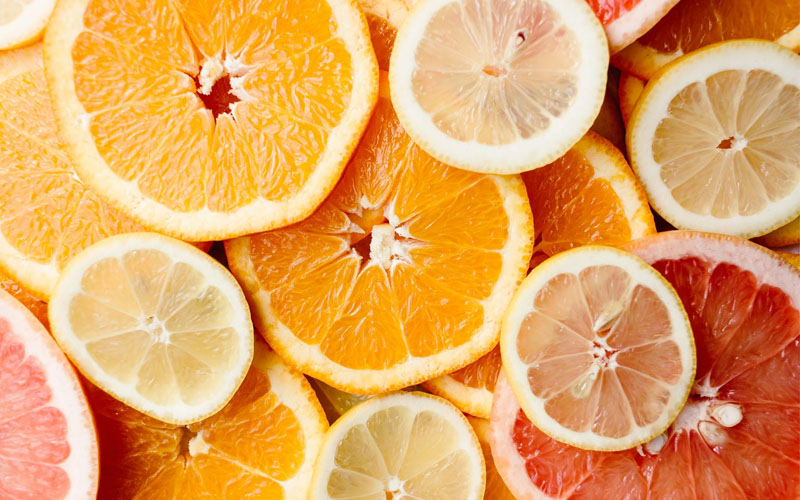
Oranges and lemons belong to a class called Citrus. It is rich in vitamin C, one of the vitamins that strengthen the immune system. It may seem strange to have these when you have the flu or flu, but surprisingly for many, they boost the immune system. Unlike fats, your body does not store fat-insoluble vitamins. (How to Boost Immune System)
However, when the cold starts, it is not recommended to take foods containing vitamin C, especially sour ones such as oranges and lemons. (How to Boost Immune System)

Other sources of vitamin C include Kiwi, Broccoli, Strawberries, Brussels, Grapefruit, Tomato Cabbage, Potato, Spinach, and Green Peas, in the order of high to less. (Source: National Institute of Health) (How to Boost Immune System)
Capsicum or red peppers
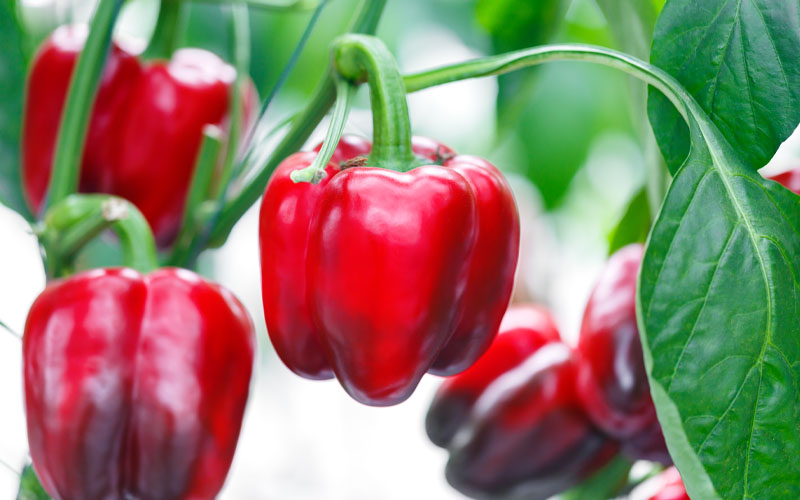
Red Pepper is another source of vitamin C, about 181% of an average. 2000 calorie diet. It also contains plenty of vitamin A, which aids in normal vision, immune system and reproduction. Cooking is also good, but nutritionists say that it is healthier to chop and use raw. (How to Boost Immune System)
Garlic

Garlic not only strengthens your immune system, but also protects you from certain heart diseases, cancer and microbial infections. According to a study published by the National Institute of Health, Garlic stimulates immune cells. (How to Boost Immune System)
For centuries, garlic has been used to treat many weakened immune system diseases. Its bioactive compound Allicin has excellent antibacterial properties. Its anti-inflammatory properties also support the strengthening of the immune system. (How to Boost Immune System)
People who consume garlic regularly or sometimes raw, as in food, are less likely to get seasonal illnesses such as the flu or cold. Even if they do, they may recover faster than those who have never used garlic. It’s up to you to slice or crush it with any garlic press. (How to Boost Immune System)
Chicken Soup

We know that chicken soup is the most recommended dish when we have the flu or cold. But does this food really have medicinal properties? (How to Boost Immune System)
According to research, it may have an anti-inflammatory effect that helps relieve respiratory tract infection. (How to Boost Immune System)
One of the reasons may be that its ingredients contain plenty of minerals and vitamins. For example, carrots in soup provide vitamin A, which plays an important role in the immune response. (How to Boost Immune System)
Other Foods
Do you know?
“A vitamin is a substance that makes you ill if you don’t eat it.” (Albert Szent-Gyorgyi, Nobel Prize in Physiology or Medicine, 1937). (How to Boost Immune System)
Food Rich In Vitamin D
A recent study published by the US National Institutes of Health (NIH), led by three renowned researchers from the US and Japan, concluded that despite many open questions, vitamin D makes metabolites and helps fight autoimmune diseases. (How to Boost Immune System)
Vitamin D Salmon, milk and beef liver, eggs York, cheese, etc. It is found in excess in oily fish such as Also, one of the biggest sources of this vitamin is exposure to sunlight. (How to Boost Immune System)

Foods Rich in Vitamin A
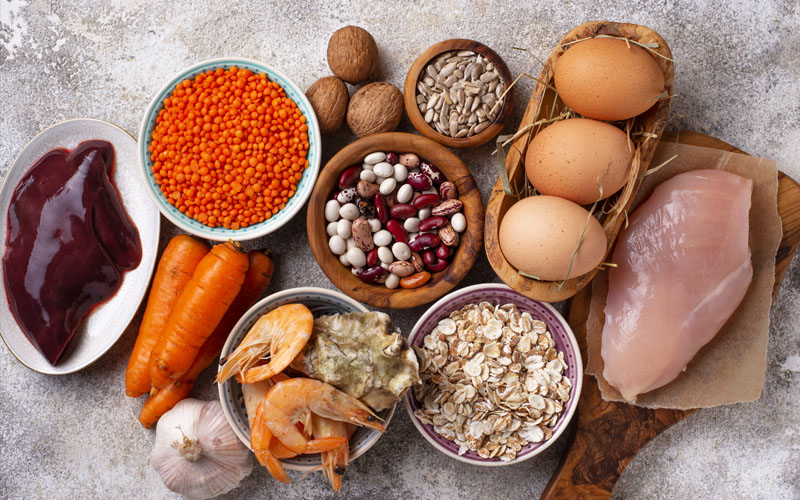
Vitamin A, a fat-soluble vitamin, stored in the liver, on the other and also been proved to have a promoting and regulatory role in the natural and adaptive immune system. Besides enhancing our immune it provides an enhanced defense against certain infectious diseases, according to a study published at NIH. (How to Boost Immune System)
Vitamin A is rich in animal products such as fish, meat, fortified cereals (as per a fact sheet by National Institute of Health USA) (How to Boost Immune System)
2. A Healthy Lifestyle Can Boost Your Immune System Naturally
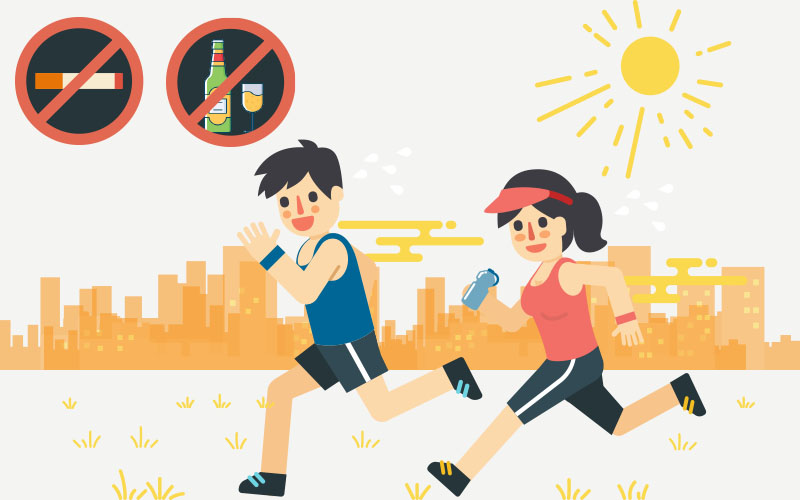
Now that you have an idea of which foods boost your immune system, it’s time to look at other ways. Food is undoubtedly a long-term permanent solution to boosting your immunity, but your lifestyle is very important. Adopting the following lifestyle may be the right solution to primary immunodeficiency.
- QUIT SMOKING. Smoking not only increases the risk of cancer, but also weakens both your innate and adaptive immune systems. (How to Boost Immune System)
- DAILY EXERCISE. Regular exercise activates your T cells while keeping you active. T cells help your body fight infections. It is one of the best ways to naturally strengthen your immune system.
- MAINTAIN HEALTHY WEIGHT. A height-weight chart can be helpful to check if you are overweight or underweight. Fruits like baobab can also aid weight loss.
- REDUCE SUGAR AND ALCOHOL CONSUMPTION. Does alcohol weaken your immune system? Yes, definitely. High intake of sugar and alcohol reduces the ability of White Blood cells to fight infections and should therefore be reduced as much as possible.
- FULL SEVEN HOURS OF SLEEP. Although the duration of sleep differs from person to person, it is said that an average of seven hours of sleep per night is sufficient.
- WASH YOUR HANDS REGULARLY. Washing your hands properly can help prevent the spread of bacteria and viruses. People with weak immune systems are more prone to digestive and respiratory system diseases. (How to Boost Immune System)
- REDUCE STRESS. Does stress weaken your immune system? Yes, it largely is. One way to reduce this is to make an environment around you calm and soothing. It’s like using an oil diffuser in your room.
3. Dog Ownership and Immunity

Recent research has shown that petting animals such as dogs increases one’s immunity. The likely reason is to engage with the pet, jog and lead a less stressful life.
A study was conducted at the State University of New Jersey, an American public research university, specifically targeting areas of pet ownership and its effects on the immune system in different age groups.
In their 136-response pilot study, they found that having a pet reduced the frequency of illness compared to those without a pet. Children aged 3 to 6 years had the lowest rate and duration of illness and may have developed a strong immune system from exposure to pets from an early age.
Therefore, it is highly recommended to befriend and spend time with your pet. (How to Boost Immune System)
Besides pure natural ways to boost immunity, you can find it on the shelves of pharmacies full of capsules and pills that are described as the best supplements for boosting the immune system. According to a study by Harvard Medical School professor Michael Sternbach, the supplement doesn’t really help in fighting the disease. He also says that anything that claims to boost your immune system suddenly can trigger autoimmunity and other issues. (How to Boost Immune System)
Similar opinions are given by other nutritionists about synthetic drinks to strengthen the immune system.
Conclusion
In summary, including the above-mentioned best foods in your daily diet and adopting a healthy lifestyle can quickly strengthen your immune system without any external supplements. The stronger your immunity, the less chance you have of contracting pandemic viruses.
Also, don’t forget to pin/bookmark and visit our blog for more interesting but original information.
